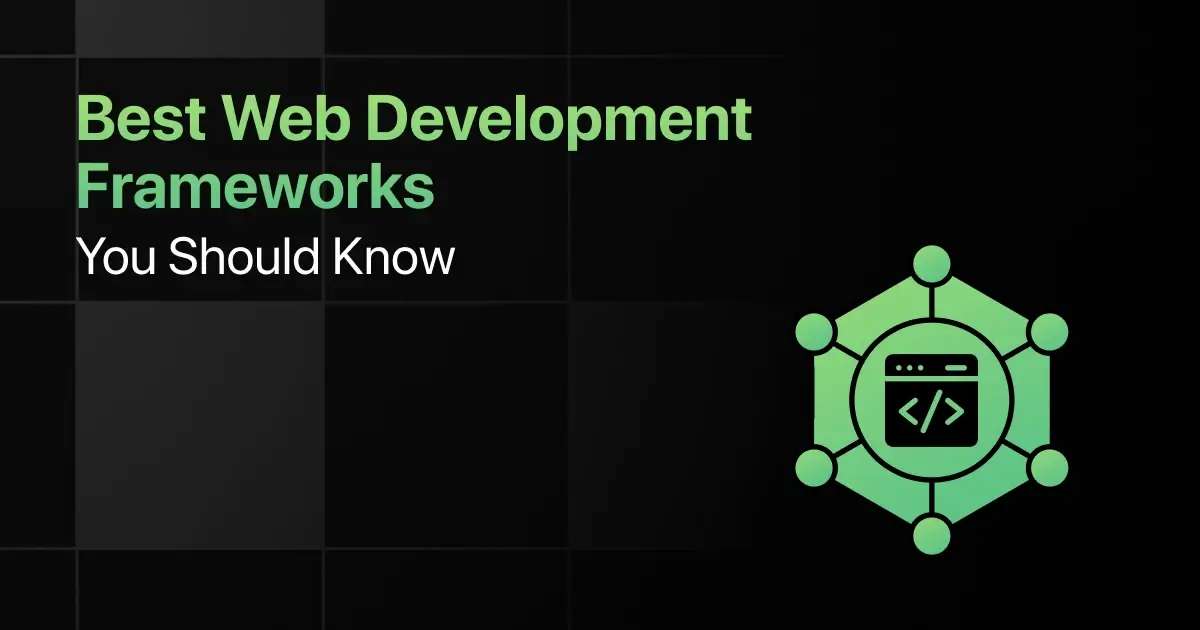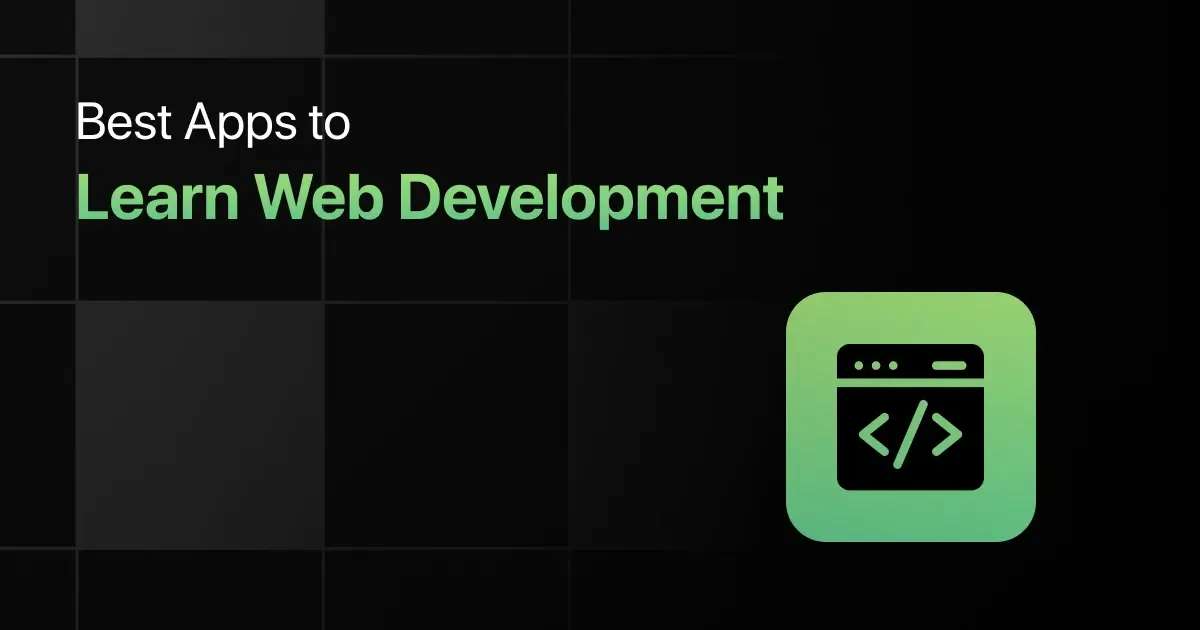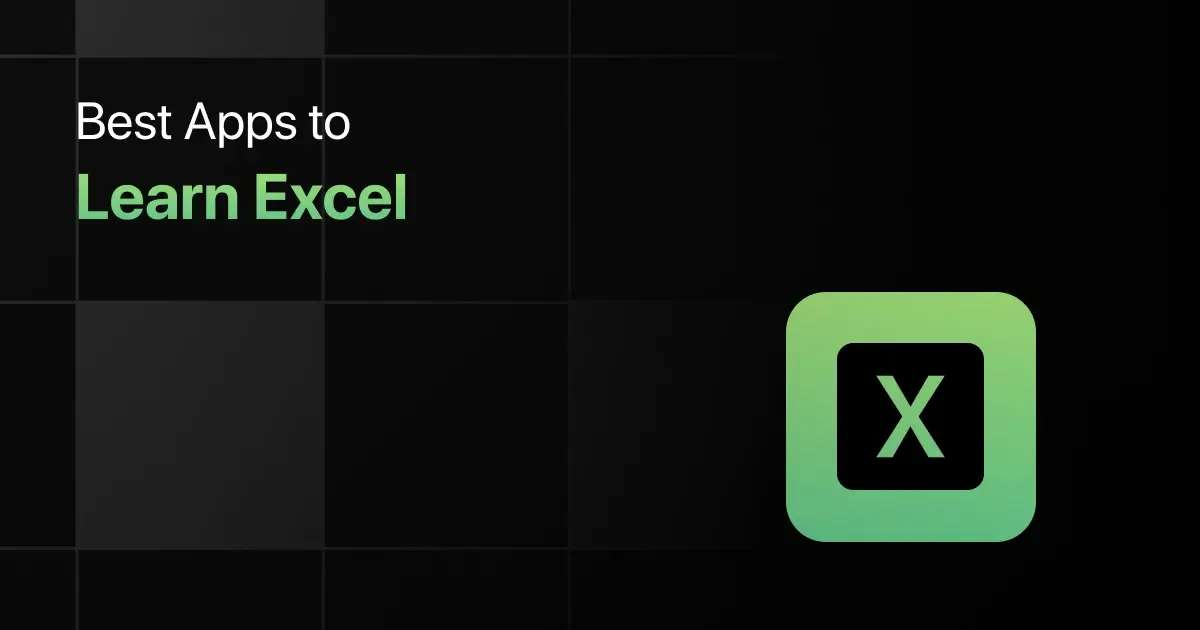Best Web Development Frameworks You Should Know

Web development frameworks are essential tools for developers. They provide a structured foundation to build applications.
This blog will explore a web development framework list and highlight the unique features of the best web development frameworks and libraries.
If you’re looking for web development frameworks for beginners or aiming to conduct a detailed web development frameworks comparison, this guide has you covered.
Top Web Development Frameworks – Overview
Here’s an overview of the 10 best frameworks for web development:
| S.No. | Framework Name | Key Features | Ease of Integration | Download Link |
|---|---|---|---|---|
| 1 | React | Virtual DOM, Component-Based | Easy | Download |
| 2 | Vue.js | Reactive Data, Component-Based | Easy | Download |
| 3 | Angular | Two-Way Binding, Dependency Injection | Medium | Download |
| 4 | Node.js | Event-Driven, Non-Blocking I/O | Easy | Download |
| 5 | Django | ORM, Admin Interface | Easy | Download |
| 6 | Express | Middleware, Fast Routing | Easy | Download |
| 7 | Laravel | Eloquent ORM, Blade Templating | Easy | Download |
| 8 | Spring | Dependency Injection, AOP | Easy | Download |
| 9 | Ruby on Rails | Convention Over Configuration, Active Record | Medium | Download |
| 10 | Next.js | Server-Side Rendering, Static Generation | Easy | Download |
Most Popular Web Development Frameworks You Should Know
Below are the top 10 web development frameworks you should know:
1. React
React is a JavaScript library for building user interfaces, maintained by Facebook.
It enables developers to create large web applications that can update and render efficiently.
Popularity:
- Widely used by top tech companies.
- Preferred for building dynamic web applications.
- Common in startup environments.
Key Features:
- Virtual DOM
- Component-based architecture
- JSX syntax
Learning Curve: Medium
Performance: High performance with efficient updates
Compatibility:
- Compatible with various state management libraries like Redux.
- Works with various backend frameworks.
Ease of Integration: Easy
Use Cases and Industry Adoption:
- Single-page applications
- Mobile app development with React Native
- Dynamic web applications
Job Market Demand:
- High demand in tech startups
- Widely used in enterprise-level projects
- Preferred by front-end developers
2. Vue.js
Vue.js is a progressive JavaScript framework used for building user interfaces and single-page applications.
It is designed to be incrementally adoptable and focuses on the view layer only.
Popularity:
- Popular in small to medium-sized projects.
- Widely used in the Asian market.
- Preferred by developers for its simplicity.
Key Features:
- Reactive data binding
- Component-based structure
- Vue CLI
Learning Curve: Easy
Performance: High performance with efficient rendering
Compatibility:
- Integrates well with other libraries or existing projects.
- Works with various backend frameworks.
Ease of Integration: Easy
Use Cases and Industry Adoption:
- Single-page applications
- Prototyping
- Progressive web apps
Job Market Demand:
- High demand in startups
- Preferred in small to medium-sized companies
- Used in rapid development projects
3. Angular
Angular is a platform and framework for building single-page client applications using HTML and TypeScript, maintained by Google.
It provides a comprehensive solution for developing dynamic web apps.
Popularity:
- Widely used in enterprise applications.
- Preferred by large-scale projects.
- Common in tech giants.
Key Features:
- Two-way data binding
- Dependency injection
- Angular CLI
Learning Curve: Medium
Performance: High performance with optimized change detection
Compatibility:
- Works well with TypeScript.
- Integrates with various backend services.
Ease of Integration: Medium
Use Cases and Industry Adoption:
- Enterprise web applications
- Single-page applications
- Dynamic web applications
Job Market Demand:
- High demand in large enterprises
- Used in financial and healthcare industries
- Preferred for complex web applications
4. Node.js
Node.js is a JavaScript runtime built on Chrome’s V8 JavaScript engine, enabling server-side scripting.
It allows developers to use JavaScript to write server-side code, which runs on the server.
Popularity:
- Widely used for backend development.
- Preferred for real-time applications.
- Common in tech startups.
Key Features:
- Event-driven architecture
- Non-blocking I/O
- npm ecosystem
Learning Curve: Easy
Performance: High performance with non-blocking I/O
Compatibility:
- Integrates with various databases.
- Works with front-end frameworks like React and Angular.
Ease of Integration: Easy
Use Cases and Industry Adoption:
- Real-time applications
- Microservices
- RESTful APIs
Job Market Demand:
- High demand in tech startups
- Used in enterprise-level backend development
- Preferred for scalable server-side applications
5. Django
Django is a high-level Python web framework that encourages rapid development and clean, pragmatic design.
It is known for its “batteries-included” philosophy, providing a wide range of built-in features.
Popularity:
- Widely used in enterprise applications.
- Preferred for large-scale web projects.
- Common in educational platforms.
Key Features:
- ORM (Object-Relational Mapping)
- Built-in admin interface
- Authentication system
Learning Curve: Medium
Performance: High performance with built-in optimization tools
Compatibility:
- Supports multiple databases like PostgreSQL, MySQL, and SQLite.
- Integrates with various third-party libraries.
Ease of Integration: Easy
Use Cases and Industry Adoption:
- Content management systems
- Social networking sites
- eCommerce platforms
Job Market Demand:
- High demand in enterprise web development
- Used in tech, media, and education industries
- Sought after for large-scale web projects
6. Express
Express is a minimal and flexible Node.js web application framework that provides a robust set of features for web and mobile applications.
It is widely used for building APIs.
Popularity:
- Widely used for backend development.
- Preferred for building RESTful APIs.
- Common in full-stack JavaScript development.
Key Features:
- Middleware support
- Fast routing
- Minimalist framework
Learning Curve: Easy
Performance: High performance with lightweight structure
Compatibility:
- Works well with Node.js.
- Integrates with various databases and front-end frameworks.
Ease of Integration: Easy
Use Cases and Industry Adoption:
- RESTful APIs
- Single-page applications
- Backend services
Job Market Demand:
- High demand in backend development
- Used in full-stack JavaScript projects
- Preferred for API development
7. Laravel
Laravel is a PHP web application framework with an elegant syntax, aiming to make development enjoyable.
It eases common tasks such as routing, authentication, and caching.
Popularity:
- Widely used in the PHP community.
- Preferred for modern web applications.
- Common in small to medium-sized projects.
Key Features:
- Eloquent ORM
- Blade templating engine
- Artisan command-line tool
Learning Curve: Medium
Performance: Good performance with built-in optimization tools
Compatibility:
- Compatible with various databases like MySQL, PostgreSQL, and SQLite.
- Integrates well with front-end frameworks like Vue.js and React.
Ease of Integration: Easy
Use Cases and Industry Adoption:
- E-commerce platforms
- Content management systems
- RESTful APIs
Job Market Demand:
- High demand in PHP development.
- Used in tech startups and web development agencies.
- Preferred for creating modern web applications.
8. Spring
Spring is a comprehensive framework for enterprise Java development, providing extensive infrastructure support.
It simplifies the development process by offering robust features like dependency injection, aspect-oriented programming, and transaction management.
Popularity:
- Widely used in enterprise applications.
- Preferred by financial institutions.
- Common in large-scale web applications.
Key Features:
- Dependency Injection
- Aspect-Oriented Programming
- Transaction Management
Learning Curve: Medium
Performance: High performance due to lightweight container
Compatibility:
- Supports multiple configurations like XML, JavaConfig, and Annotations.
- Compatible with various databases and web servers.
Ease of Integration: Easy
Use Cases and Industry Adoption:
- Enterprise applications
- Microservices architecture
- Web applications
Job Market Demand:
- High demand in enterprise-level projects
- Common in financial and banking sectors
- Widely sought after in software development companies
9. Ruby on Rails
Ruby on Rails, often referred to as Rails, is a server-side web application framework written in Ruby.
It follows the MVC (Model-View-Controller) architecture and emphasizes convention over configuration (CoC) and the DRY (Don’t Repeat Yourself) principle.
Popularity:
- Widely used in startups and tech companies.
- Preferred for rapid application development.
- Common in MVP (Minimum Viable Product) projects.
Key Features:
- Convention over Configuration (CoC)
- Active Record (ORM)
- Scaffolding
Learning Curve: Medium
Performance: Good performance for database-driven applications
Compatibility:
- Compatible with various databases like MySQL, PostgreSQL, and SQLite.
- Integrates well with front-end frameworks like React and Vue.js.
Ease of Integration: Medium
Use Cases and Industry Adoption:
- E-commerce platforms
- Content management systems
- Social networking sites
Job Market Demand:
- High demand in startups and small to medium-sized enterprises.
- Used in tech and e-commerce industries.
- Preferred for rapid web application development.
10. Next.js
Next.js is a React framework that enables functionalities such as server-side rendering and generating static websites for React-based web applications.
Popularity:
- Popular in modern web development.
- Used for creating SEO-friendly websites.
- Common in projects requiring server-side rendering.
Key Features:
- Server-side rendering
- Static site generation
- API routes
Learning Curve: Easy
Performance: High performance with an optimized build process
Compatibility:
- Built on top of React.
- Works with various backend services.
Ease of Integration: Easy
Use Cases and Industry Adoption:
- Server-side rendered applications
- Static websites
- SEO-friendly web applications
Job Market Demand:
- High demand in modern web development
- Preferred in SEO-focused projects
- Used in tech startups
Frequently Asked Questions
1. What are the best web development frameworks to use in 2024?
The best web development frameworks to use in 2024 are:
- React
- Vue.js
- Angular
- Django
- Express
2. What key features should I look for in a web development framework?
The key features you should look for in a web development framework are scalability, performance, community support, and comprehensive documentation.
3. Which web development frameworks are easiest to learn for beginners?
React and Vue.js are the easiest web development frameworks to learn for beginners.
4. What are the common use cases for different web development frameworks?
Common use cases include single-page applications (React, Angular), server-side rendering (Next.js, Nuxt.js), and full-stack applications (Django, Express).
5. What are some lightweight web development frameworks for rapid application development?
Some lightweight web development frameworks for rapid application development are Vue.js, Svelte, and Express.
6. Which web development frameworks are used by top companies?
Top companies use React, Angular, and Django for their web development projects.
7. What is the job market demand for skills related to web development frameworks?
There is a high demand for skills related to React, Angular, and Django in the job market, especially in tech companies and startups.
Final Words
For beginners, starting with the recommended web development frameworks in this blog can ease your learning curve.
Mastering the top 10 web development frameworks will equip you with the knowledge and tools needed to build scalable web applications.
Explore More Web Development Resources
- Web Development Websites
- Web Development YouTube Channels
- Web Development Project Ideas
- Web Development Best Apps
- Web Development Programming Languages
Explore More Frameworks
Related Posts


Best Apps to Learn Web Development
Ever thought about building your own website or launching a career in tech but don’t know where to start? With the …










